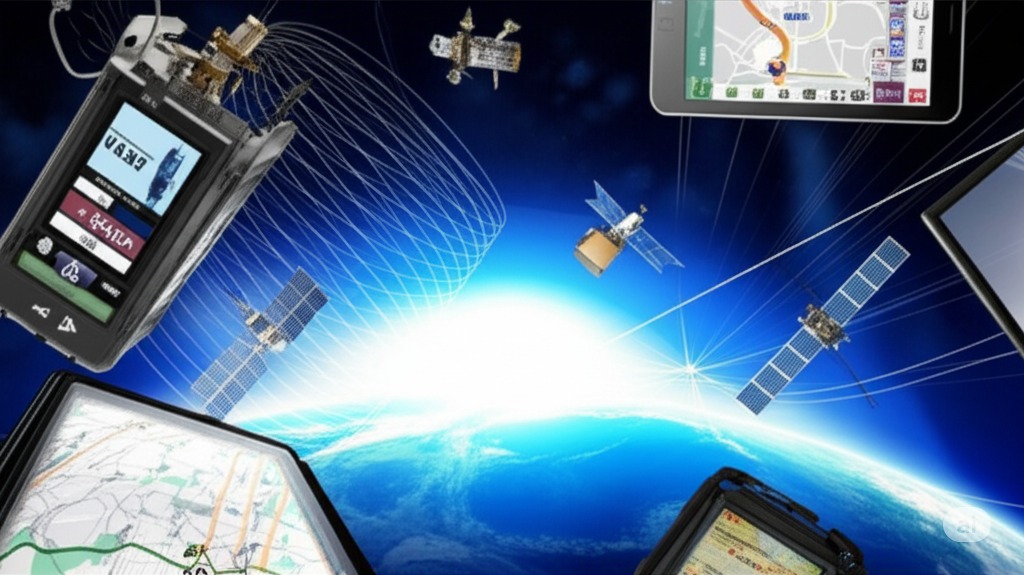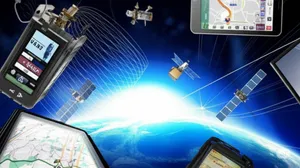Core GPS Tracking Benefits
- Real-time vehicle location tracking reduces response times by 25-30%
- Route optimization decreases fuel costs by 15-20% through efficient planning
- Driver behavior monitoring improves safety scores and reduces insurance premiums
- Automated reporting eliminates manual timekeeping and reduces administrative overhead
- Theft prevention and recovery capabilities protect valuable fleet assets
- Maintenance scheduling based on actual usage extends vehicle lifespan
- Customer service improvements through accurate arrival time estimates
- Compliance monitoring ensures adherence to regulatory requirements
GPS tracking benefits extend beyond basic location monitoring to deliver comprehensive fleet optimization, cost reduction, and operational efficiency improvements that directly impact your bottom line.




